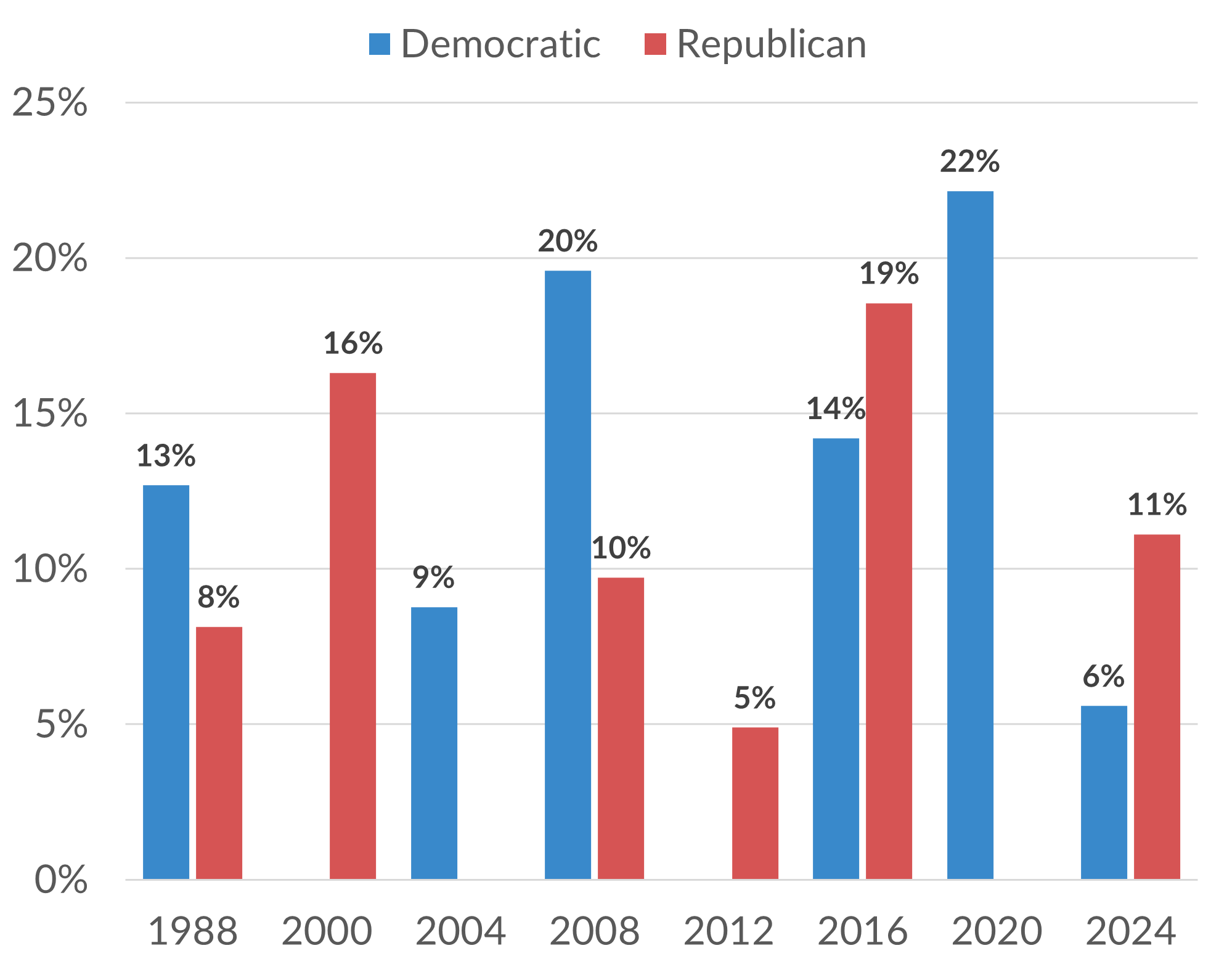Over the past few weeks, leading up to our last couple of competitions in the fall season, my rowing boat got substantially faster very quickly. Ironically, over this time, everyone in the boat was both putting more power into their oar and, at the same time, felt like they were exerting themselves less overall. We hadn't done any sort of fitness training over that time, so it would seem odd that both could be true. As one of my teammates pointed out during a meeting after practice, it came down to a prisoner's dilemma.
As we row, we look for something we call "swing". This refers to the feeling of the boat moving when rowers are in perfect harmony, both in their rhythm and in their exertion. If any rower changes either of these things, that feeling is lost, and the boat both moves slower and feels "heavier," requiring more effort from hardworking athletes to reach the same speed. This is where a prisoner's dilemma comes in. If any one rower starts working harder, things get substantially worse for that person, as it is both very hard to be the one person pulling harder than the others and very easy to be the one person not pulling in a boat of harder-working athletes. However, if everyone simultaneously starts working harder, we can find swing and move the boat faster with less overall effort. Everyone, though, has an incentive not to act, as an athlete previously putting in minimal effort and then making the change will make their expected workload in the boat greater, regardless of the actions of the others. Instead of a fast, light boat, we get a slow boat with no hardworking athletes in which everyone ends up putting in more effort than if they tried to work harder as one.
This is where my job starts to matter. Although I don't hold an oar, I am the voice in each rower's head encouraging them to do something that, if just one of them chooses not to do, will be extremely difficult and unrewarding for everyone that does it. However, when I can convince everyone to act, we see a pareto-improvement, making the boat faster with no downside to anyone, when compared to a boat with nobody working hard at all.










